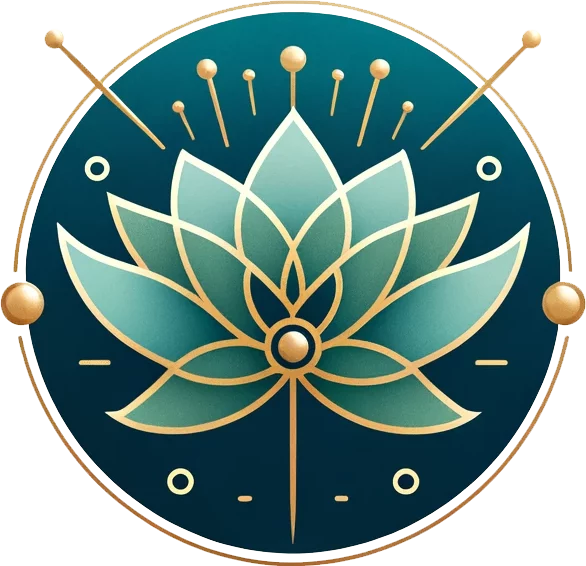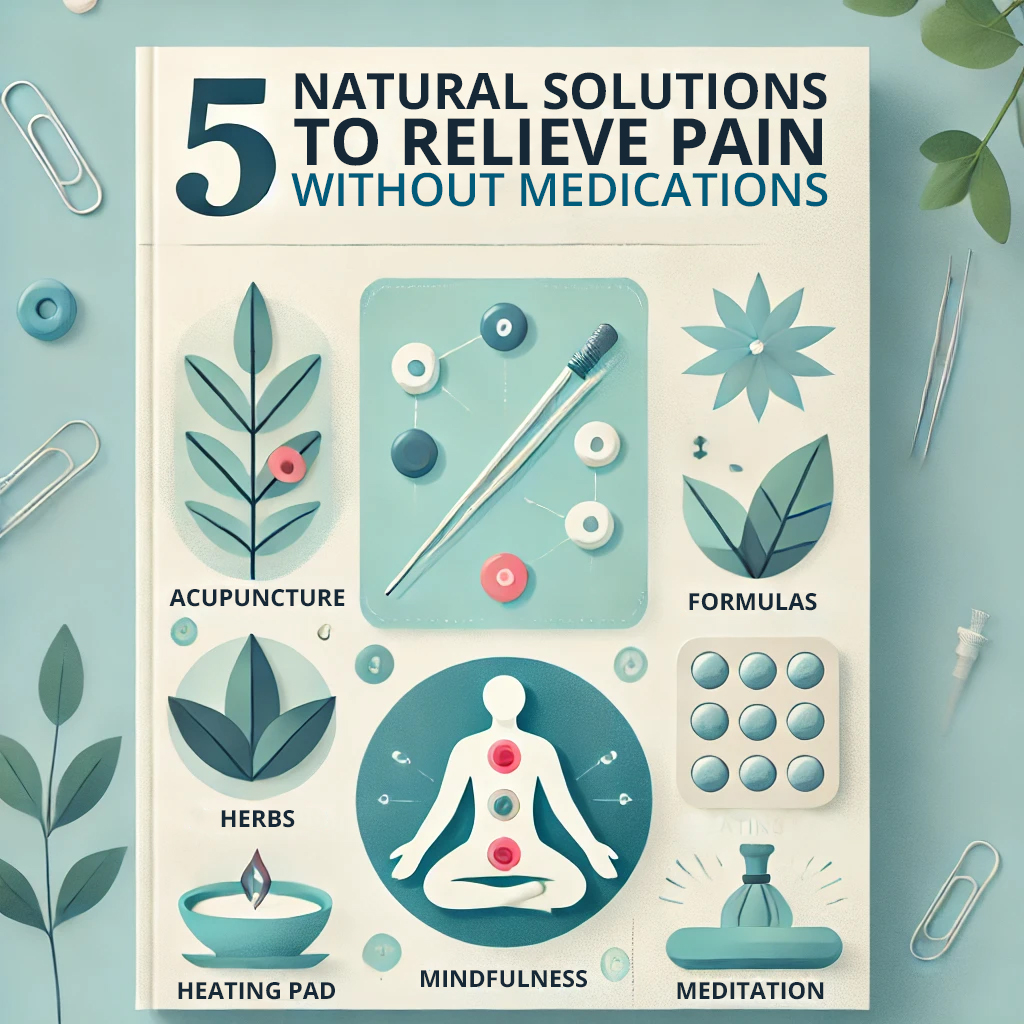You’re not alone if you’re experiencing sudden, uncontrollable urges to urinate in St. Petersburg, where over 40% of women aged 65 and older struggle with overactive bladder (OAB). This chronic condition impacts daily life and routines, causing frequent urination, nocturia, and involuntary urine leakage. OAB is more than just an inconvenience – it’s linked to chronic sleep disorders, digestive issues, and decreased quality of life. By understanding the causes, symptoms, and effective treatments, you can take control of your bladder health and explore holistic approaches to manage symptoms. What’s next for you on this journey to better bladder health?
Key Takeaways
- Overactive bladder (OAB) affects 40% of older females in St. Petersburg, significantly impacting daily life and quality of sleep.
- Awareness and education are crucial for promoting bladder health and managing OAB symptoms, especially in women aged 65 and older.
- Lifestyle modifications, such as dietary changes and bladder training, can be effective in reducing OAB symptoms and improving quality of life.
- Collaboration with healthcare providers is essential for developing personalized treatment plans and addressing associated comorbidities.
- Community-based education programs can improve symptom management and mental health outcomes for individuals living with OAB in St. Petersburg.
Understanding Overactive Bladder
As you navigate the complexities of urinary health, it is vital to grasp the fundamental concept of overactive bladder (OAB), a condition characterized by a sudden, uncontrollable urge to urinate that can greatly disrupt daily life. OAB’s symptoms can be distressing, including involuntary leakage of urine during urgent need, frequent urination during the day, and waking multiple times at night to urinate (nocturia). These symptoms can considerably impact your quality of life, affecting your daily routine, social interactions, and overall well-being. Furthermore, chronic sleep disorders like insomnia can exacerbate OAB symptoms, as lack of sleep can lead to increased anxiety and decreased ability to control the bladder. It is important to understand that OAB is a common condition, affecting millions globally, with prevalence increasing with age. You may be surprised to know that OAB is also linked to various risk factors, including older age, certain chronic conditions, and lifestyle factors. Fortunately, there are treatment options available, including non-surgical and non-pharmacological approaches. By understanding OAB and its symptoms, you can take the first step towards regaining control over your urinary health and improving your quality of life.
OAB Prevalence in St Petersburg
Forty percent of older females in St. Petersburg is a staggering number, especially when it comes to overactive bladder (OAB) prevalence. As you navigate the city, it’s important to understand that OAB is a significant public health concern, particularly among women aged 65 and older. You might know someone or have a loved one struggling with urinary symptoms like urgency and nocturia, which can negatively impact daily life and overall well-being. Traditional Chinese Medicine, with its holistic approaches, offers a natural and gentle way to address genitourinary issues, including urinary tract infections. OAB affects not only women but also men, with increasing prevalence trends noted over the years. It’s imperative to recognize that OAB is associated with multiple comorbidities common in the older population, making awareness and education crucial. By understanding the prevalence of OAB in St. Petersburg, you can take the first step towards promoting bladder health and preventing urinary incontinence. Lifestyle changes and education can make a significant difference in managing symptoms and improving quality of life. As you learn more about OAB, you’ll be empowered to make informed decisions about your own health and support others in your community who may be struggling with this condition.
Causes and Symptoms of OAB
Your body sends you a sudden, urgent signal: you need to go, now. This uncontrollable urge to urinate is a hallmark of overactive bladder (OAB). You may experience frequent urination, especially at night, and even accidental leakage. Urinary incontinence is a potential consequence of severe OAB. As you age, your risk of developing OAB increases, and symptoms become more pronounced. Physiological changes, such as a weakening pelvic floor, contribute to this trend. Curiously, just as acupuncture has been shown to provide long-term relief for chronic pain, understanding the underlying causes of OAB can lead to effective management and treatment. Besides aging, other factors can contribute to OAB. Neurological disorders, diabetes, and urinary tract infections can all play a role. Your lifestyle choices, like high caffeine intake, can also trigger OAB symptoms. It’s vital to understand that OAB is not a normal part of aging, and it’s not something you have to live with. Awareness of the causes and symptoms is the first step towards taking control of your bladder health. By recognizing the signs and understanding the factors that contribute to OAB, you can start making informed decisions about your care.
Effective Treatment Options Available
You’ve taken the first step towards reclaiming your bladder health by understanding the causes and symptoms of OAB. Now, it’s important to explore effective treatment options available to you. Lifestyle modifications, such as adopting a healthy diet that reduces bladder irritants like caffeine and spicy foods, can make a significant difference. In addition, maintaining good posture and taking regular breaks to stretch can also help alleviate symptoms, as poor posture can contribute to chronic strain and discomfort. If these changes aren’t enough, medications targeting specific bladder receptors may be prescribed. However, it’s important to be aware that around 70% of patients may need to adjust or discontinue these medications within six months due to side effects. Behavioral therapies, such as bladder training and pelvic floor muscle exercises, have shown great promise in improving bladder control and reducing urgency and frequency of urination. A personalized approach is key, and advanced treatment options like neuromodulation therapies and injections may be considered if needed. By working closely with your healthcare provider, you can find the right combination of treatments to manage your overactive bladder and improve your overall quality of life.
Living With OAB in St Petersburg
Living in St. Petersburg, you’re not alone if you’re experiencing the frustrating symptoms of overactive bladder (OAB). More than 40% of women aged 65 and older in your community are dealing with this issue, which can greatly impact daily life and activities. You might be feeling anxious about frequent urination, urgent needs to go, and nocturia, which can disrupt your sleep and social life. Additionally, many individuals with OAB also experience digestive issues, such as irritable bowel syndrome, which can exacerbate the discomfort and stress associated with OAB. By exploring holistic approaches to health, including acupuncture, which has been shown to alleviate digestive issues, you can take a more thorough approach to managing your symptoms. But there’s hope. Community-based education programs have shown to improve symptom management and mental health outcomes for older women experiencing OAB. By learning about OAB and its impact, you can take control of your symptoms and improve your overall well-being. Simple lifestyle modifications like dietary adjustments and pelvic floor muscle exercises can also help alleviate OAB symptoms and improve bladder health. By understanding OAB and its effects, you can break the silence and seek support within your community. Don’t let OAB hold you back – take the first step towards a healthier, more balanced life.
Frequently Asked Questions
What Is the Newest Treatment for Overactive Bladder?
You’re likely wondering what’s the latest treatment for overactive bladder; well, you’re in luck! The newest options include neuromodulation therapies like SNM, Botox injections, and investigational oral meds like vibegron and mirabegron, offering hope for improved symptom management.
Is Peanut Butter Good for an Overactive Bladder?
You’re wondering if peanut butter is good for your overactive bladder? Well, it’s generally considered a bladder-friendly food, being low in acidity and a good source of protein and healthy fats, but moderation is key, and keeping a food diary can help you track its impact on your symptoms.
Are Bananas Good for an Overactive Bladder?
You’re probably wondering, are bananas good for an overactive bladder? The answer is yes, they’re a great choice! Rich in potassium and fiber, bananas help maintain electrolyte balance and support digestive health, reducing the likelihood of bladder irritation and urgency symptoms.
What Is the Last Resort for Overactive Bladder?
When you’ve tried everything else, you’re left with last-resort options like nerve stimulation therapies, bladder augmentation surgery, or intravesical treatments like Botox injections; it’s crucial to consult a specialist to determine the best approach for your unique situation.
Conclusion
As you wrap up your journey into the world of St. Petersburg health trends, remember that you’re not alone in your OAB struggles. In fact, did you know that 1 in 5 people over 40 experience OAB symptoms? That’s roughly 40,000 people in St. Petersburg alone! By arming yourself with education and innovative solutions like the Bladder RE-EXPANSION Technique, you’re taking an essential step towards breaking free from OAB’s grip and reclaiming your life.
Embrace a New Level of Wellness
At Elite Care Acupuncture & Alternative Medicine, we’re committed to guiding you to optimal health with personalized, holistic care. Whether you’re managing chronic pain, stress, or exploring natural health options, our experienced team is here to help you every step of the way.
Connect with Us:
Address:
1105 7th Avenue North, Saint Petersburg, FL 33705
Phone: +1 (727) 606-8700
Website: www.EliteCare.clinic




